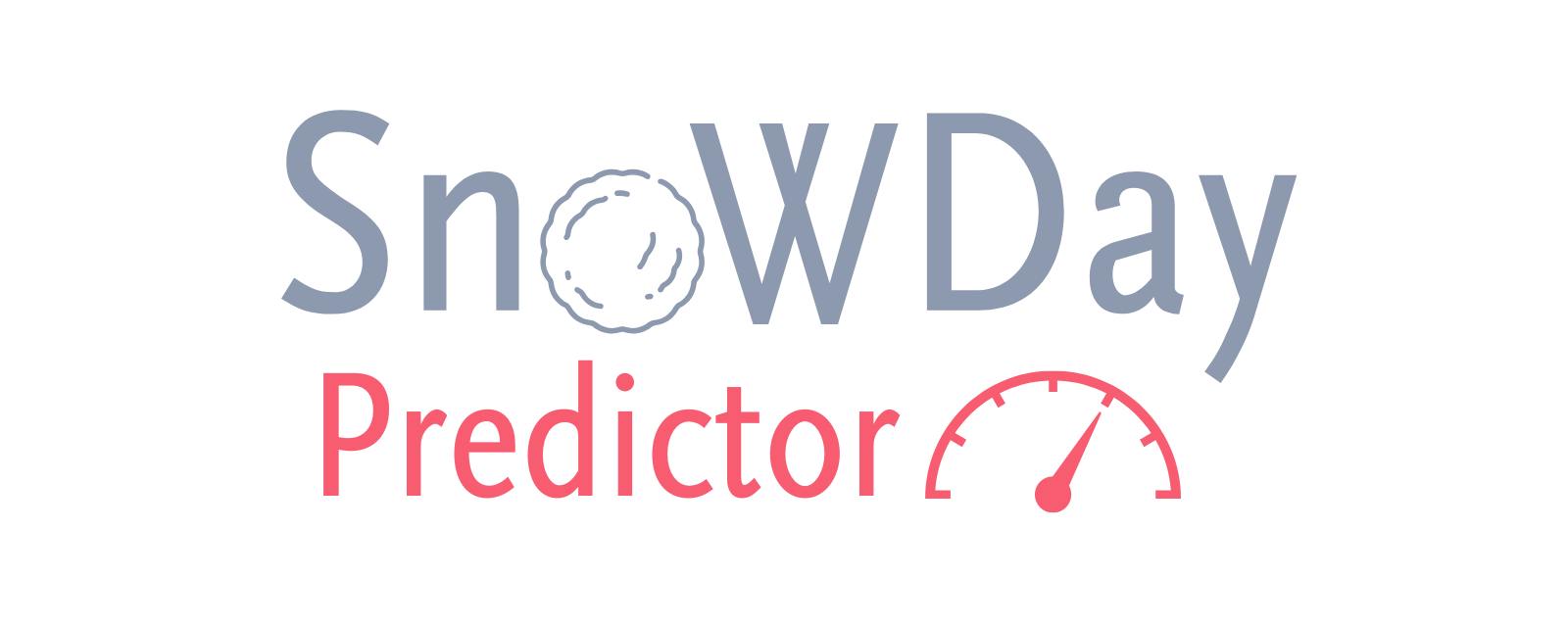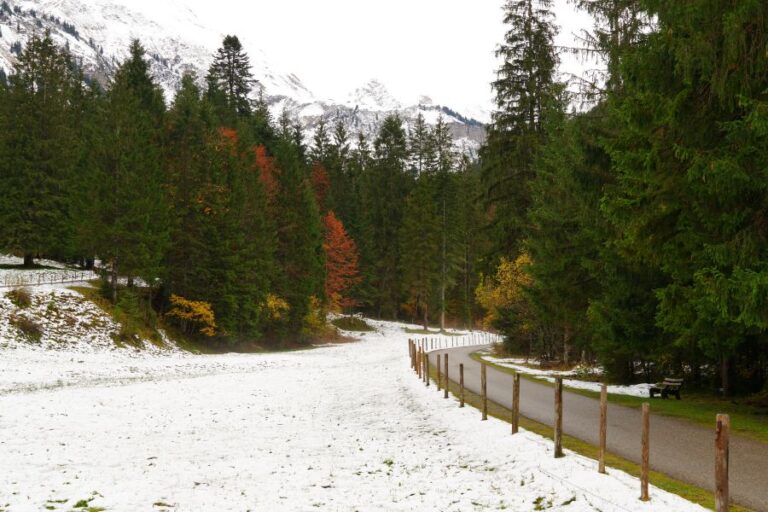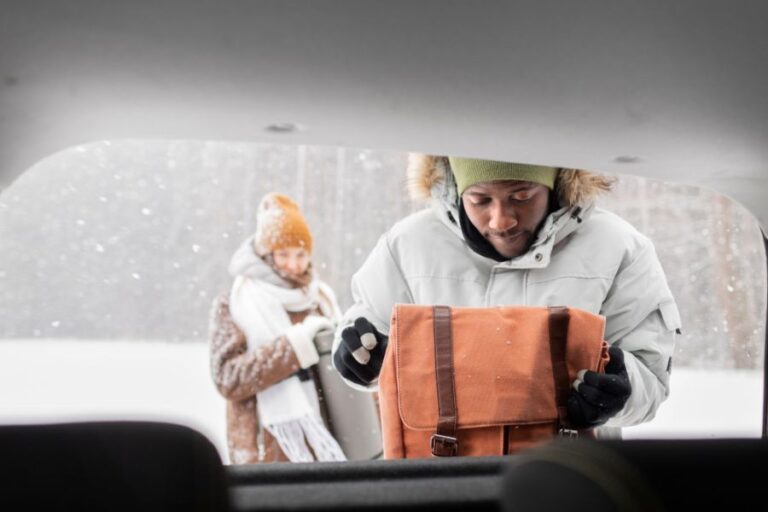Official Sources for School Snow Day Announcements in Canada

When winter storms sweep across Canada, one of the first questions parents, students, and teachers ask is: “Are schools open today?” While forecasts and prediction tools give families an early sense of what might happen, the final decision always comes from official school authorities. Knowing where to find trustworthy announcements ensures you’re not relying on rumors or outdated information.
In this guide, I’ll share the official sources for snow day announcements across Canada, explain how they differ by province, and highlight why families should always confirm closures through these channels.
My Experience Tracking Official School Announcements
As a Certified Weather Forecaster, I’ve compared snow day predictions with actual school board announcements for over eight years. In Toronto, February 2025, for example, my forecast assigned a 75% probability of closures. By 6:00 AM, the Toronto District School Board confirmed that all schools were shut. This alignment showed how forecasts and official announcements complement each other.
But I’ve also seen mismatches. In Winnipeg, January 2024, despite dangerous wind chills below –40°C, schools remained open. My forecast emphasized the high weather risk, but the official announcement reinforced the fact that Prairie school boards are less likely to close.
These case studies show why families should use forecasts for planning but official announcements for certainty.
Where to Find Official Snow Day Announcements
1. School Board Websites
Most large Canadian school boards post closure information on their websites, typically by 6:00–6:30 AM.
- Examples:
- Toronto District School Board (TDSB)
- Peel District School Board
- Halifax Regional Centre for Education
These sites are the most direct and reliable sources.
2. School Board Social Media Accounts
Many districts use Twitter/X, Facebook, or Instagram to broadcast closures quickly. In some regions, updates appear on social media even faster than websites.
- Tip: Follow your school board’s official account and turn on notifications during winter months.
3. Local Radio & Television Stations
Radio and TV remain trusted outlets for snow day announcements. Stations like CBC Radio, CTV, and Global News often list closures by district and region.
- Particularly valuable in rural areas where online access may be limited.
4. Automated Phone & Email Alerts
Some school boards offer subscription services where parents receive direct calls, texts, or emails when closures are announced.
- Example: Ottawa school boards often use automated calls to reach families early in the morning.
5. Environment Canada Alerts (Indirect Source)
While not a school board announcement, Environment Canada storm warnings are often the trigger for closure decisions. When a blizzard or freezing rain warning is issued, it’s worth checking your local board for updates.
Why Official Sources Matter
While tools like weather apps and independent forecasts give a strong early signal, official sources are the final word. Without them, families risk misinformation.
For example, I’ve seen parents share closure rumors in Facebook groups that turned out to be false. In contrast, checking the school board website or verified social media page provided accurate information within minutes.
This is why I encourage families to use forecast tools for planning and official announcements for confirmation. For convenience, many also rely on resources like the Snow Day Calculator, which translates forecast data into probabilities while still encouraging families to check official sources.
Accuracy by Province: Who Communicates Best?
- Ontario & Nova Scotia: Among the most transparent, with timely website and social media updates.
- Quebec: Announcements are reliable but vary significantly by region; parents often rely heavily on radio.
- Prairies (Alberta, Manitoba, Saskatchewan): Fewer closures overall; when they happen, announcements are clear but infrequent.
- British Columbia: Announcements tend to be more last-minute due to variable coastal snowfall patterns.
Conclusion
Official sources — from school board websites to local news outlets — are the most reliable way to confirm snow day closures in Canada. While forecasts and tools provide valuable preparation, families should always verify announcements through trusted channels to avoid confusion.






